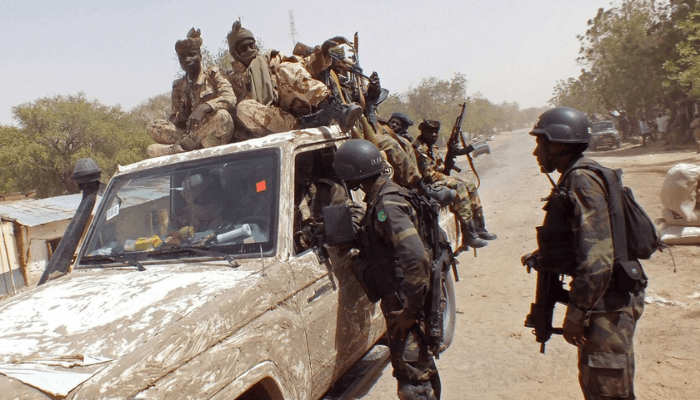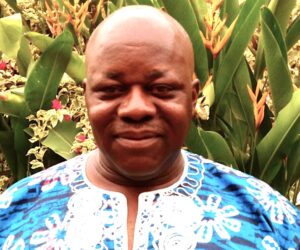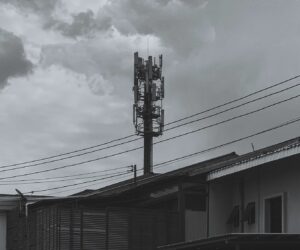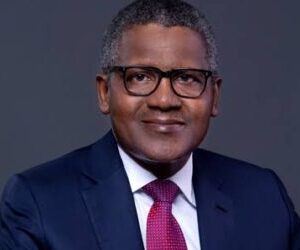The North’s abundance of military institutions has never ensured security—only the safeguarding of privilege. President Tinubu’s restructuring is a positive initial step against decades of distortion.
The North’s overwhelming concentration of military institutions has long been one of the crudest tools of domination used against the South. Nothing illustrates this distortion more clearly than Kaduna: a fortress filled with guns, surrounded by barracks, academies, and armouries—yet transformed into a playground for bandits. That disturbing paradox is the ultimate critique of Nigeria’s military imbalance: where power is concentrated, security is absent.
Kaduna alone suffers under the burden of at least ten elite military establishments: the Nigerian Defence Academy, the Armed Forces Command and Staff College in Jaji, the 1st Division of the Nigerian Army, the Nigerian Army Training Depot, the Air Force Institute of Technology, the Defence Industries Corporation (DICON), the Army School of Artillery in Kachia, the Naval School of Armament Technology, and more. Zaria also boasts the Nigerian Military School and the Army School of Military Police. Yet, despite this military strength packed into one area, Kaduna and its surroundings remain haunted by kidnappers and killers. What better proof that these fortresses were never built to protect the people?
The truth is simple: Nigeria’s rulers built fortresses in the North not to protect the nation, but to safeguard their power. The heavy military presence has been about maintaining privilege, not ensuring safety. The result is both tragic and absurd: generals are trained in Zaria while children are kidnapped in Chikun.
This is why the recent restructuring is a political thunderclap. For over a century, Zaria’s Army Depot, established in 1924, stood as the sole training ground for recruits into the Nigerian Army. A century-long monopoly, funnelling training, power, and privilege northward, unchallenged and unquestioned. That monopoly has now been broken with the creation of a second Army Depot in Osogbo. It is more than an administrative adjustment—it is a deliberate act of restructuring, a crack in the northern wall of entitlement.
Consider the symbolism: one hundred years of exclusive military training in Zaria came to an end with a single act that established an equivalent institution in Osogbo. For once, power has been used not to perpetuate imbalance, but to start correcting it. This is no token gesture; it is a fundamental redrawing of the map of privilege.
Kudos to President Tinubu. With this decision, PBAT has demonstrated rare political resolve—the resolve to dismantle the crooked scaffolding of Nigeria’s misfortunes. But this should only be the start. Many more distortions await rectification, many more sacred cows yet to be led to slaughter.
Nigeria deserves no less.
Olufemi Adefemiwa is a global Nigerian, public communicator, and advocate for good governance. He is the author of “Remote Working From Africa: A Practical Guide” and writes from New York. He can be reached at [email protected].









